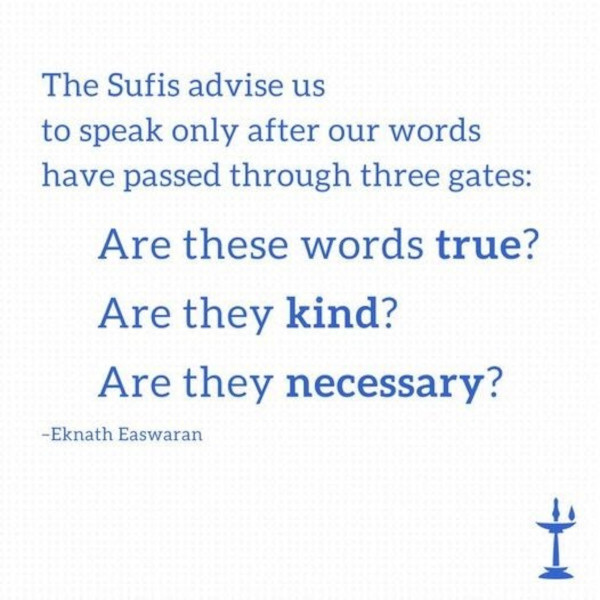[Photo by Ellicia on Unsplash]
Good morning,
At Founding Fuel, we like to look at history because it offers pointers to how we got here. It was inevitable then that we revisit Yuval Harari’s 2015 bestseller Sapiens: A Brief History of Humankind. Harari never stops amazing us with his breadth and depth. A question he tackles is one around hierarchies. Why do hierarchies exist? Because they serve an important function, he writes.
“They enable complete strangers to know how to treat one another without wasting the time and energy needed to become personally acquainted… A modern Eliza working at a florist’s needs to know how much effort to put into selling roses and gladioli to the dozens of people who enter the shop each day. She can’t make a detailed enquiry into the tastes and wallets of each individual. Instead, she uses social cues—the way the person is dressed, his or her age, and if she’s not politically correct his skin colour. That is how she immediately distinguishes between the accounting-firm partner who’s likely to place a large order for expensive roses, and a messenger boy who can only afford a bunch of daisies.
“Of course, differences in natural abilities also play a role in the formation of social distinctions. But such diversities of aptitudes and character are usually mediated through imagined hierarchies. This happens in two important ways. First and foremost, most abilities have to be nurtured and developed. Even if somebody is born with a particular talent, that talent will usually remain latent if it is not fostered, honed and exercised. Not all people get the same chance to cultivate and refine their abilities. Whether or not they have such an opportunity will usually depend on their place within their society’s imagined hierarchy. Harry Potter is a good example. Removed from his distinguished wizard family and brought up by ignorant muggles, he arrives at Hogwarts without any experience in magic. It takes him seven books to gain a firm command of his powers and knowledge of his unique abilities.
“Second, even if people belonging to different classes develop exactly the same abilities, they are unlikely to enjoy equal success because they will have to play the game by different rules. If, in British-ruled India, an Untouchable, a Brahmin, a Catholic Irishman and a Protestant Englishman had somehow developed exactly the same business acumen, they still would not have had the same chance of becoming rich. The economic game was rigged by legal restrictions and unofficial glass ceilings.”
Who would have imagined that! Stay safe. And have a good day!
In this issue
- Finding the balance
- Learnings from loss
- The three gates
Finding the balance
In the latest edition of Founding Fuel’s series Hustle Fuel, Aparajita Bhattacharyya talks to Anu Acharya, CEO of Mapmygenome and former CEO of Ocimum Biosolutions, on a range of subjects including why early influences matter, what it takes to scale two genomics companies in India, and how to forge an equal partnership at home and work.
On the last point, here’s the secret sauce:
“Whether it’s romantic relationships or professional ones, the notion that opposites attract is far from a cliche. Whether at home or at their two companies, a large part of what makes Anu and her husband, Subash ‘work’ is that they balance each other out.
“As Anu says, half in jest, the increased productivity by having Subash step up as an equal partner at home is invaluable—whether it’s Subash taking care of their two beagles, or the two of them alternating between the good cop and bad cop roles with their two daughters.
“At work, that has meant they are collectively better off because they have incredibly complementary skills that allow each of them to do things that the other can’t. Anu enjoys mapping the long-term vision and being the face and marketing brains behind the operation. Subash, on the other hand, excels at the details.”
Dig deeper
Learnings from loss
A narrative most of us are familiar with is that of Beethoven as a genius. And yet another one is about how he had gone totally deaf by the time he composed Symphony Number 9, now acknowledged the world over as a masterpiece. By then though, he was close to madness, and eventually died at 56. That is why we found this argument by Arthur Brooks in The Washington Post most interesting.
“As his hearing deteriorated, he was less influenced by the prevailing compositional fashions, and more by the musical structures forming inside his own head.”
“Deafness freed Beethoven as a composer because he no longer had society’s soundtrack in his ears. Perhaps therein lies a lesson for each of us. I know, I know: You’re no Beethoven. But as you read the lines above, maybe you could relate to the great composer’s loss in some small way. Have you lost something that defined your identity? Maybe it involves your looks. Or your social prestige. Or your professional relevance.
“How might this loss set you free? You might finally define yourself in new ways, free from the boundaries you set for yourself based on the expectations of others. For example, as you age, what if you lean in to the ‘declines’—really just natural changes—and use your wisdom more than your beauty and wits? What if you turn your energy from impressing strangers to being completely present with the people you love?
“It would be naive to think that Beethoven fully appreciated the artistic freedom his deafness granted him. I can imagine Beethoven went to his grave regretting his loss of hearing, because it cost him his beloved career as a fine pianist. He did not know the extent to which his radical new compositional style—heard only by others—would define him as truly great for hundreds of years after his death. Maybe he had a clue, however. It is significant that his Ninth Symphony closes triumphantly with lines from Friedrich Schiller’s poem Ode to Joy.”
Dig deeper
Still curious?
- Should I continue as a full-time consultant to the chief transformation officer in my firm? Or am I better off moving to a part-time consulting role, take on other clients, and acquire a more diverse experience? Read C S Swaminathan’s answer. The insider with an outside in view
- What leads to the belief that twenty-first century companies cannot be created by people over 30? Or 40? Or even 50? Read what Gourav Jaswal has to say. Is Old the New Useless?
The three gates

Via Eknath Easwaran’s Facebook page
What’s helping you get through these tough times? Send us the song, poem, quote that is your balm now. And we will share it through this newsletter.
And if you missed previous editions of this newsletter, they’re all archived here.
Bookmark Founding Fuel’s special section on Thriving in Volatile Times. All our stories on how individuals and businesses are responding to the pandemic until now are posted there.
Warm regards,
Team Founding Fuel
(Note: Founding Fuel may earn commissions for purchases made through the Amazon affiliate links in this article.)

